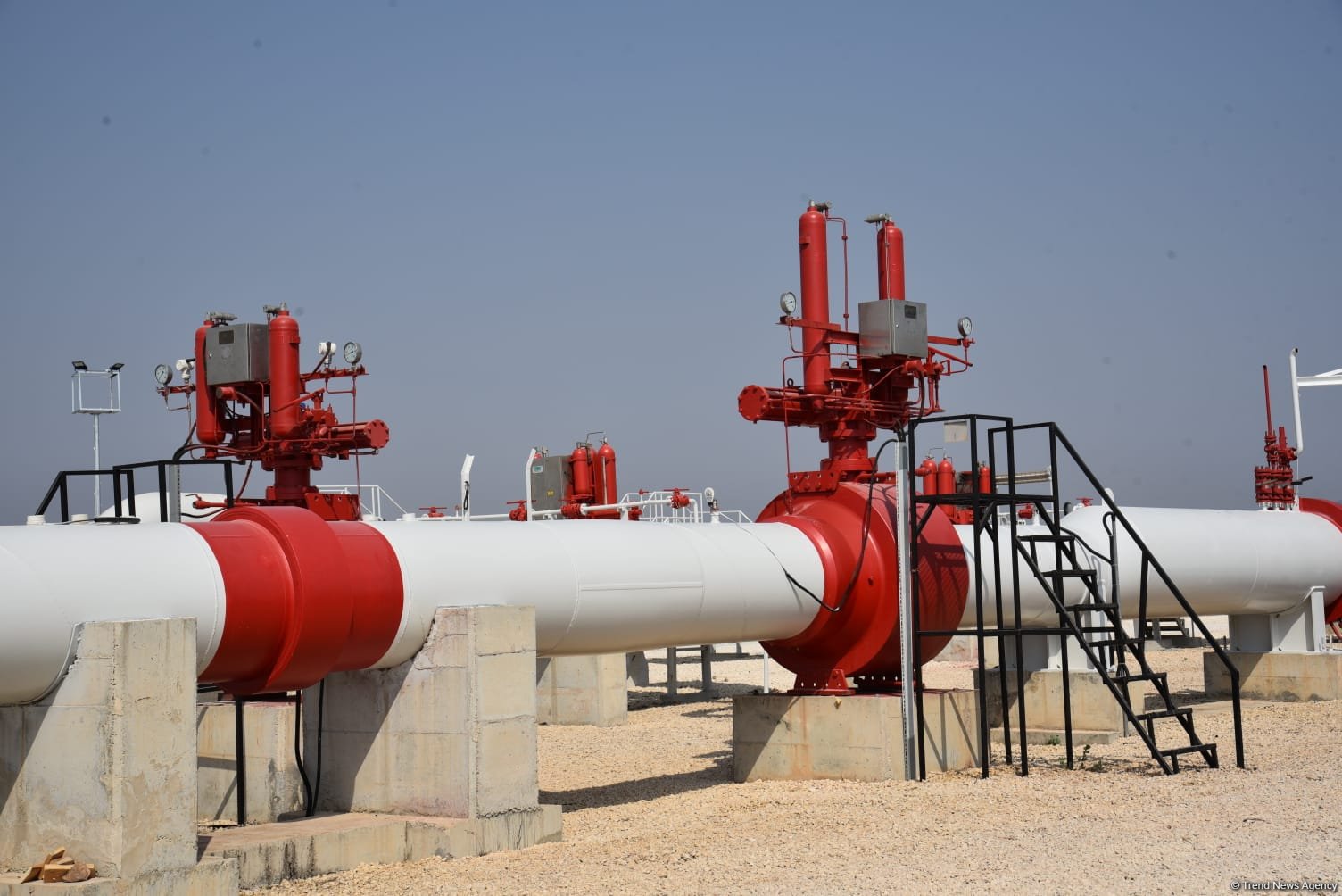BAKU, Azerbaijan, August 3. Azerbaijan is taking another significant step in expanding the geography of its energy exports by launching natural gas supplies to Syria via Türkiye.
This move not only reinforces Baku’s position on the global energy map but also marks the beginning of a new strategic phase — Azerbaijan’s entry into the Middle Eastern market, a region that until now lay beyond the scope of its traditional export routes.
The official launch of gas supplies took place on August 2 in the Turkish city of Kilis, where Azerbaijani gas began flowing into Syria’s energy system for the first time. At the initial stage, the annual supply volume is expected to reach 1.2 billion cubic meters, with the potential to double. This volume is comparable to the levels supplied to some European countries, underscoring that Azerbaijan is no longer limiting itself to Europe as its primary export destination.
Crucially, expanded volumes of gas exports planned by Azerbaijan are intended not only for European consumers but also for new markets in the Middle East. In addition to Syria, interest is growing in cooperation with Jordan and Egypt. In the longer term, the restoration and use of the Arab Gas Pipeline is under consideration — a project that could serve as the southern corridor of a new regional energy architecture.
Importantly, while Europe continues to seek alternative suppliers amidst the global energy transition, Azerbaijan faces no issues in securing buyers. On the contrary, Baku is confidently asserting itself as a reliable player and pursuing a flexible strategy to diversify its export routes. This latest development is more than just a geographic expansion — it creates a new strategic corridor that enhances Türkiye’s role as a regional energy hub, establishes fresh dependencies, and elevates Azerbaijan’s political influence as an energy exporter.
At a time when energy policy in European capitals is increasingly intertwined with human rights and green transition rhetoric, Azerbaijan is taking a pragmatic approach. While actively investing in renewables, it continues to manage its traditional resources effectively, transforming them into tools of regional leverage. In this light, entering the Syrian market goes beyond securing a new contract — it is a clear sign that Azerbaijan is shaping its own energy geopolitics, guided not by shifting political winds but by economic rationale.
In an era of global energy uncertainty and intensifying competition for resources, Azerbaijan offers something rare: predictability, stability, and expanding transit capabilities. That is the country’s greatest strategic advantage — and the reason Baku today is equally relevant to both Brussels and Damascus.







